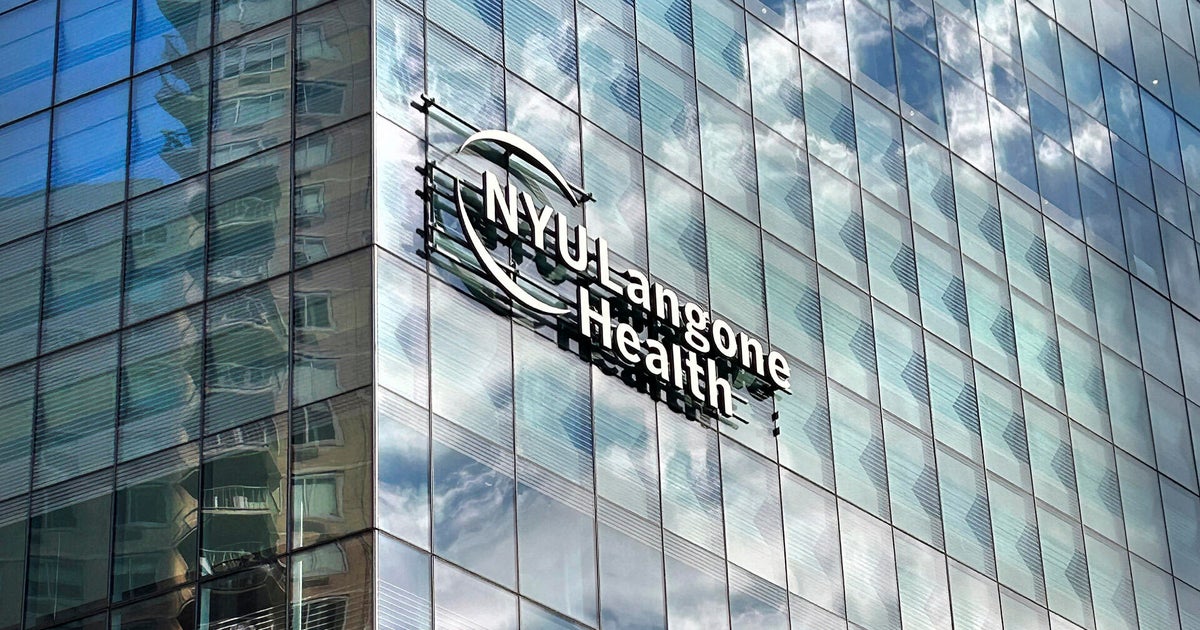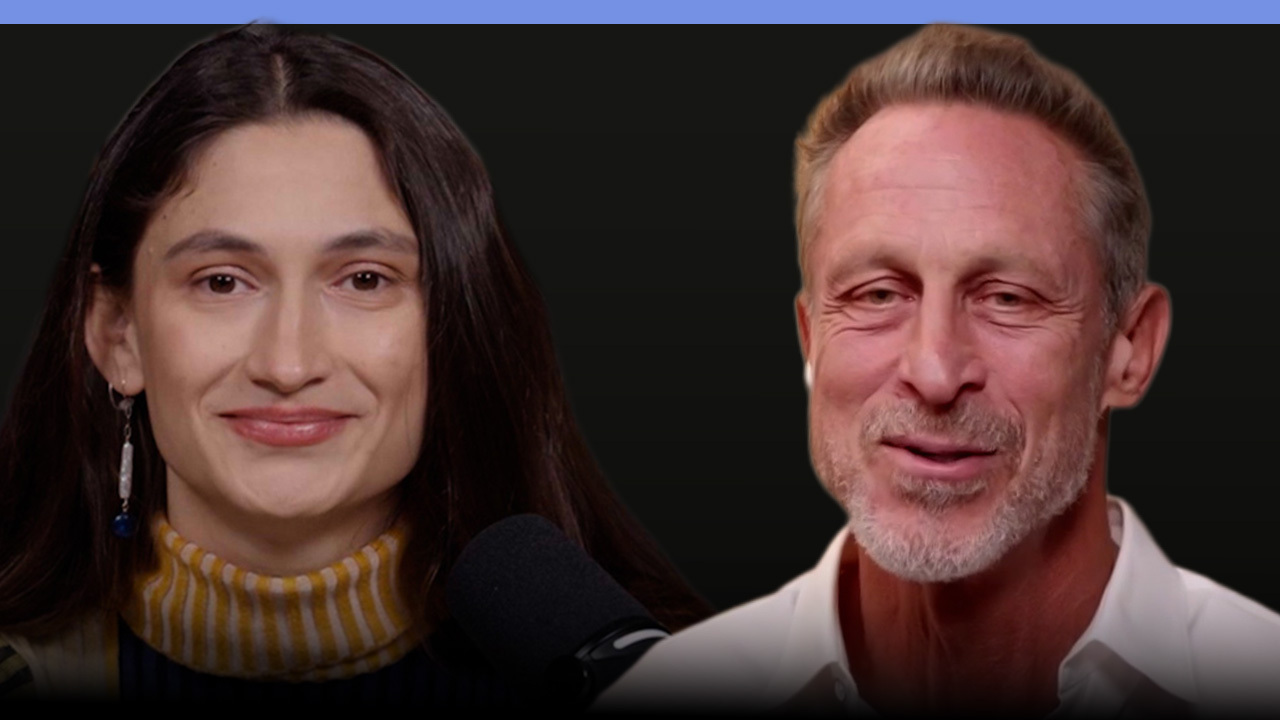"Bending the Arc" spotlights the doctors who changed global public health
"Bending the Arc" is a new documentary that chronicles the journey of some idealistic young doctors who helped change the way public health issues are addressed, especially in developing nations, to the benefit of millions. CBS News chief medical correspondent Dr. Jon LaPook spoke with two of the film's key figures.
Dr. Jim Yong Kim and Dr. Paul Farmer attended medical school together at Harvard in the 1980s. It's there in Boston where the foundation for their life's work would take shape.
"You have to continue to ask, 'OK, now what's the most important thing I can do to really lift people out of poverty, to provide health care, education, provide them jobs?' And it's sustained us, and it's sustained the group," Kim said.
Alongside like-minded people such as Dr. Ophelia Dahl, the non-profit health organization Partners in Health was born. Their story is told in "Bending the Arc."
"It's a saying. Martin Luther King used to talk about the arc of history is long but it bends toward justice. But for us I think the lesson has been if you look at Martin Luther King's life, the arc of history doesn't bend toward justice unless people grab the arc and bend it towards justice," Kim said of the film's title.
A common theme throughout the movie -- and their lives -- has been fighting conventional wisdom. In one especially poignant moment of the film, we met a young man who suffered from drug-resistant tuberculosis.
"So I had first seen Melquiades in 2006. And I was there for a short visit and I participated in his care. I participated in trying to get him to stay on his therapy and frankly in 2006 when I left I didn't think he was going to make it," Kim said.
Melquiades did indeed make it. At one point in the film, Kim is shown a video of what his old patient from Peru looks like now.
"My reaction first was to weep, but then my second reaction was really admonishing ourselves, because we almost let him go. The thought that I had right at that moment is 'Can you believe what almost -- were too late. Can you believe we almost left out Melquiades?'" Kim said. "And so much of that happens. When it comes to the lives of the poor so much of the worst things that happen to them happen because good people embrace the conventional wisdom and turn their heads away."
Dr. Farmer has done anything but look away. LaPook got a first-hand look at his work five years ago, walking the halls of a new teaching hospital Partners in Health helped build in Haiti.
"As you saw yourself after the earthquake, conventional wisdom was that this was not a ranking priority to build an academic medical center after such devastation, but if it's not a ranking priority then, when would it be," Farmer said.
Making it a priority paid off. Just a few years after the hospital opened, conjoined twins were successfully separated for the first time in Haiti.
Thinking globally has been part of their approach from the start. Five years ago Kim became president of the World Bank.
"I think the work that Paul continues to do and building these health systems, building schools, building houses -- this is the right thing for everybody," Kim said. "Investing in people in the poorest countries is in fact a critically important thing to do for the global economy, but certainly for the world that our children and our grandchildren will live in."
A lot has been accomplished in the 34 years since they met, but both are aware of the heavy lifting that remains.
"This piling up of innovation for some people and privation for others, and I would say that's the biggest problem we have facing medicine is these disparities that affect every field," Farmer said.
"As we look back on the Civil Rights era, as we look back on the era which we weren't going to treat the 25 million people living with HIV in Africa, young people today say, 'Can you believe we thought that?'" Kim said. "I think the task for every young person today is to ask themselves, what are the things that we are doing or not doing today that in 20 years we'll look back and say, 'Can you believe that's the way we thought?'"



